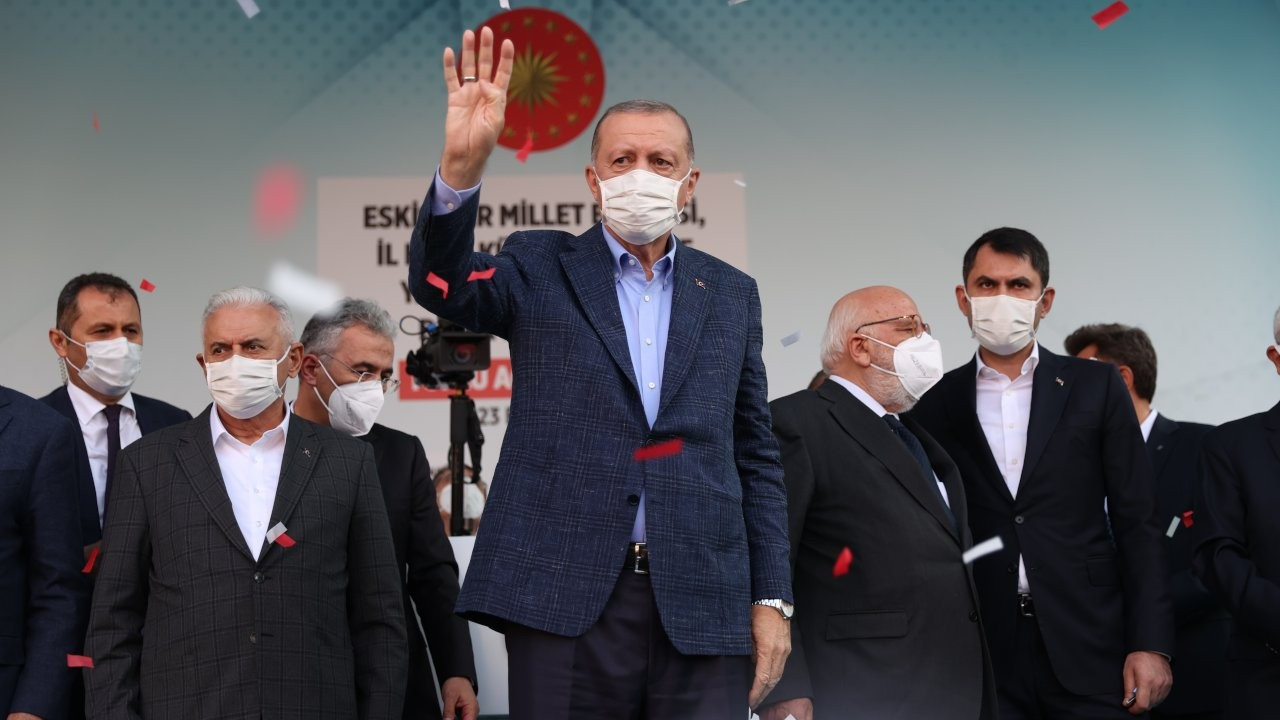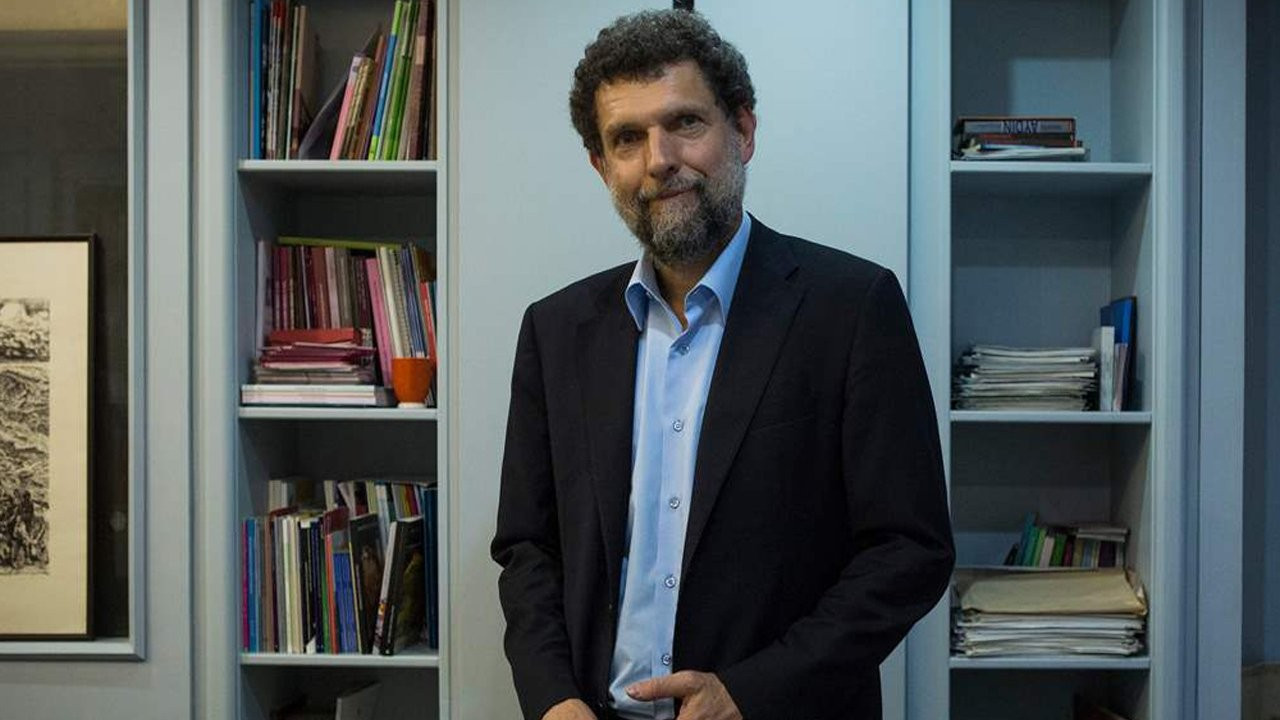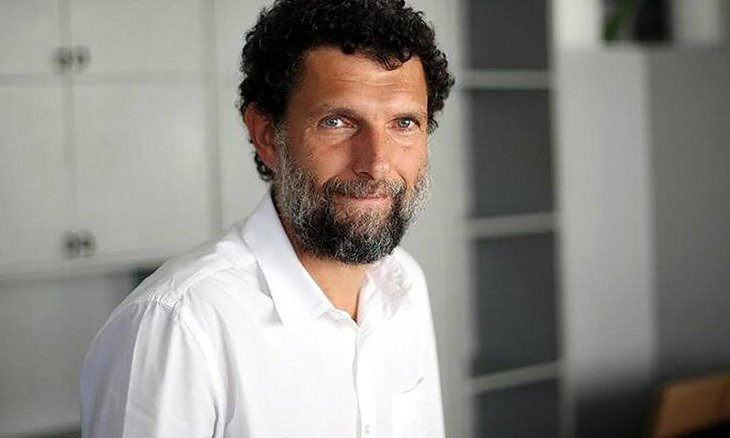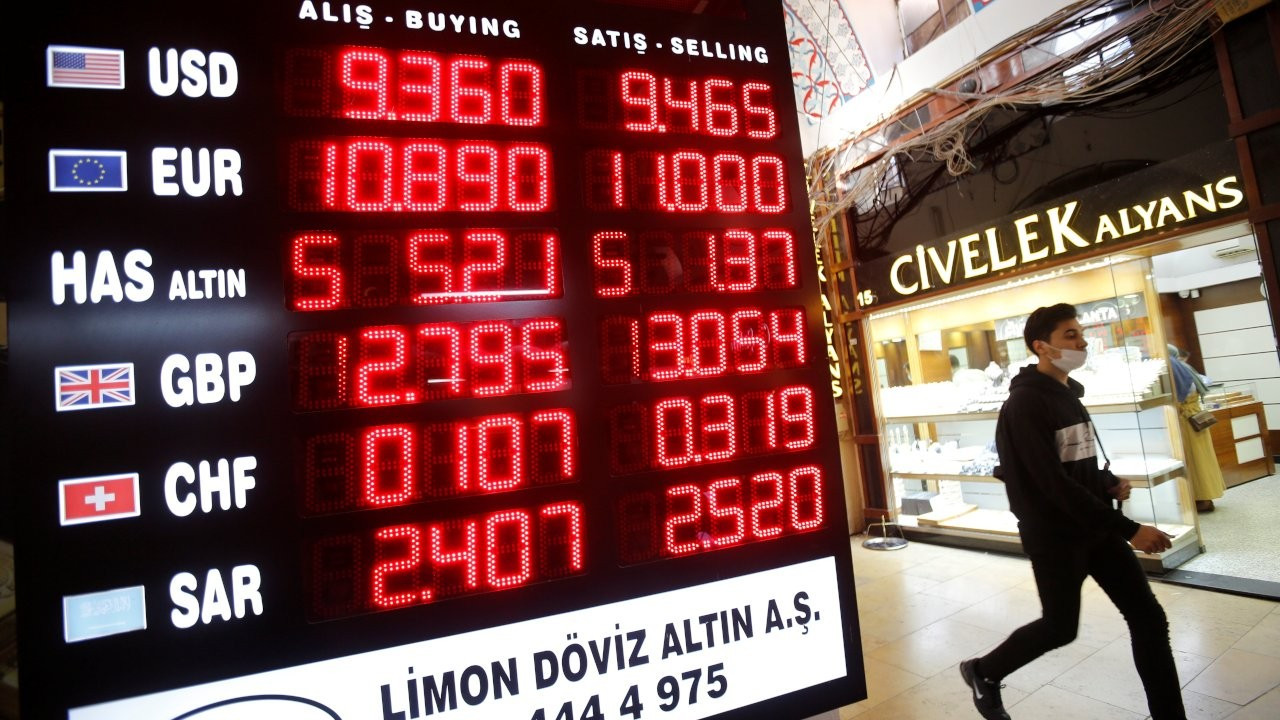Prof. Ayşe Buğra says Turkey's foreign ministry should stop envoy row
Prof. Ayşe Buğra, the wife of Osman Kavala, has said that the foreign ministry should halt the declaration of envoys as "persona non grata." "These are very serious steps. The foreign ministry needs to try preventing this," she said.
Duvar English
Prof. Ayşe Buğra, the wife of philanthropist and human rights defender Osman Kavala, has commented on President Recep Tayyip Erdoğan's wish to declare 10 Western ambassadors "persona non grata," saying that the foreign ministry needs to stop the move.
"These are very serious steps. The foreign ministry needs to try preventing this," Buğra told journalist İsmail Saymaz on Oct. 25.
Erdoğan said on Oct. 23 that he had told his foreign ministry to expel the ambassadors of the United States and nine other Western countries for demanding the release of Kavala.
Kavala has been in prison for four years, charged with financing nationwide protests in 2013 and with involvement in a failed coup in 2016. He denies the charges.
In a joint statement on Oct. 18, the ambassadors of Canada, Denmark, France, Germany, the Netherlands, Norway, Sweden, Finland, New Zealand and the United States called for a just and speedy resolution to Kavala's case, and for his "urgent release." They were summoned by the foreign ministry, which called the statement irresponsible.
Kavala was acquitted last year of charges related to the 2013 protests, but the ruling was overturned this year and combined with charges in another case related to the coup attempt.
Rights groups say his case is emblematic of a crackdown on dissent under Erdoğan.
The European Court of Human Rights called for Kavala's immediate release in late 2019, saying there was no reasonable suspicion that he had committed an offense, and finding that his detention had been intended to silence him.
Kavala said on Oct. 21 that it would be "meaningless" for him to attend his trial as a fair hearing was impossible given recent comments by Erdoğan.
"Since there is no possibility of a fair trial under these circumstances, I believe participating in hearings and delivering my defense will be meaningless from now on," Kavala said in a written statement.
When asked to comment on Kavala's decision to not attend the trial, Buğra on Oct. 25 said that she respects her husband's stance.
"I believe attending the trial has no meaning under these circumstances," Buğra said.
"It doesn't matter whether he defends himself or not," she added, noting that she is yet to decide on attending the trial.
The next hearing in the case against Kavala and others is due on Nov. 26.
Buğra was also asked whether she trusts the judiciary.
"It's impossible for me to be hopeful regarding the Turkish judiciary at the end of these four years," she said.

 Turkish Foreign Ministry 'tried to prevent Erdoğan's persona non grata move'Diplomacy
Turkish Foreign Ministry 'tried to prevent Erdoğan's persona non grata move'Diplomacy Erdoğan orders 10 ambassadors declared 'persona non grata'Diplomacy
Erdoğan orders 10 ambassadors declared 'persona non grata'Diplomacy Ten foreign embassies call for immediate release of Osman KavalaHuman Rights
Ten foreign embassies call for immediate release of Osman KavalaHuman Rights Opposition urges Erdoğan to mend Turkey's economy instead of targeting envoysPolitics
Opposition urges Erdoğan to mend Turkey's economy instead of targeting envoysPolitics